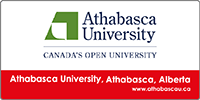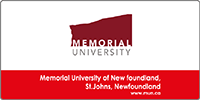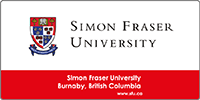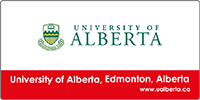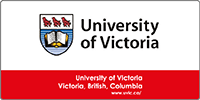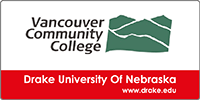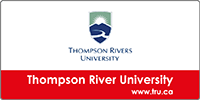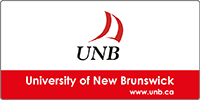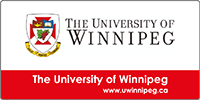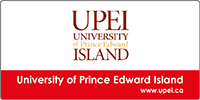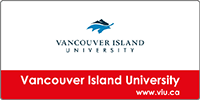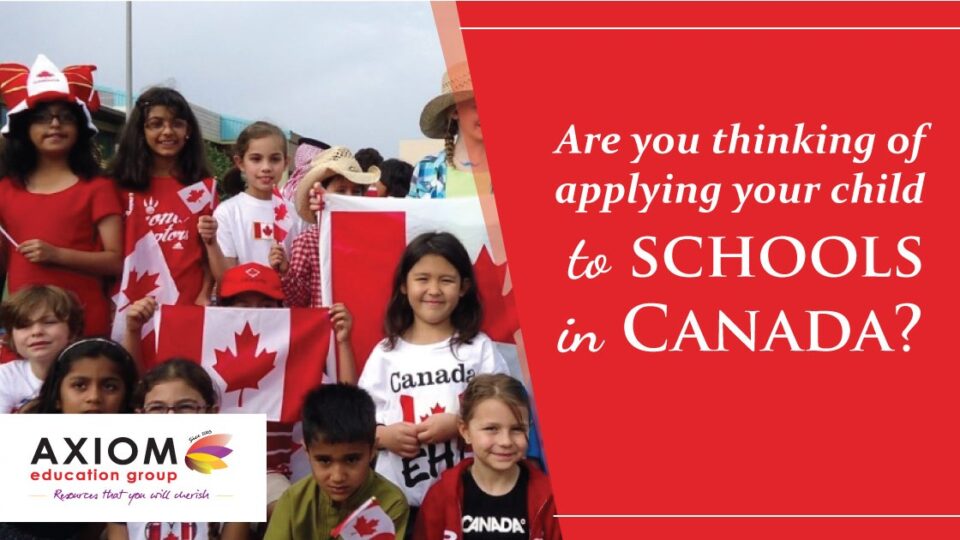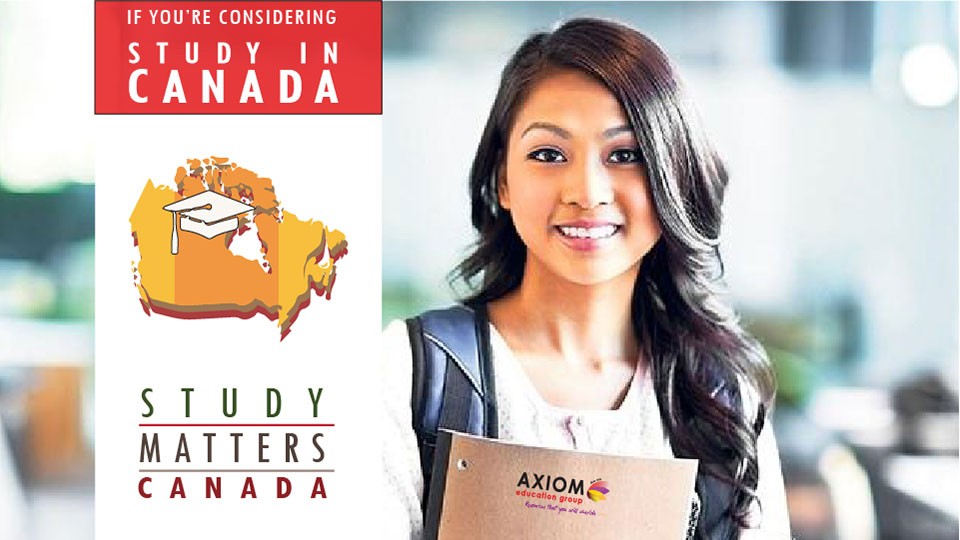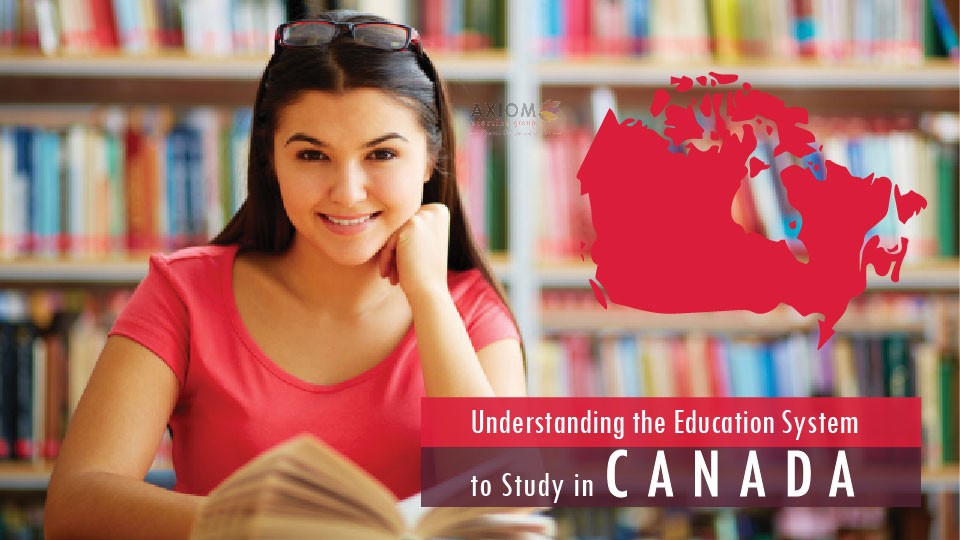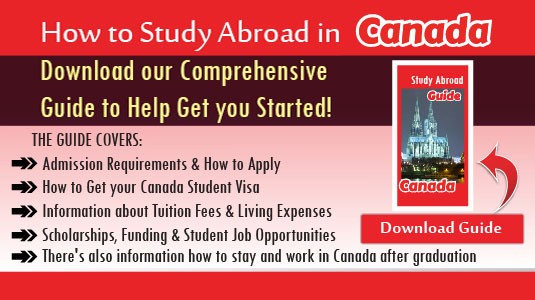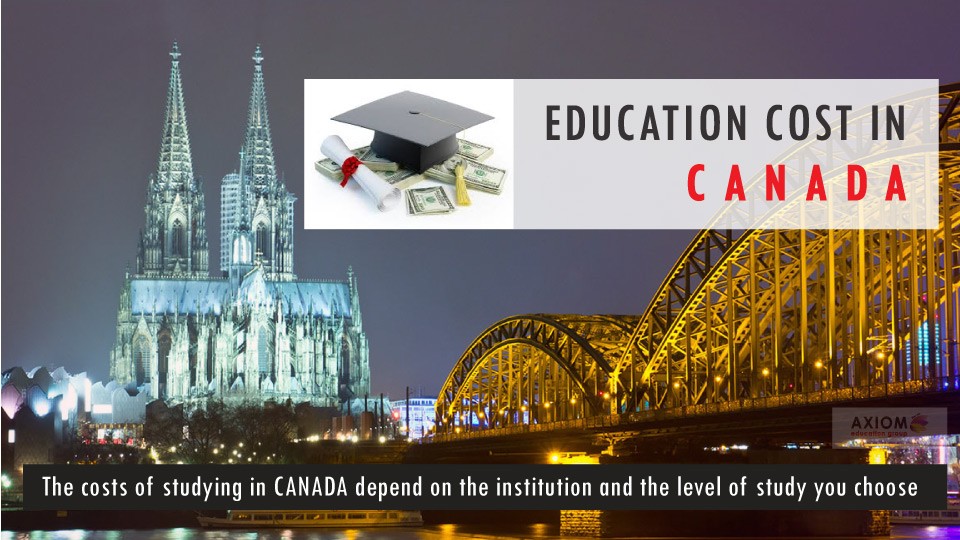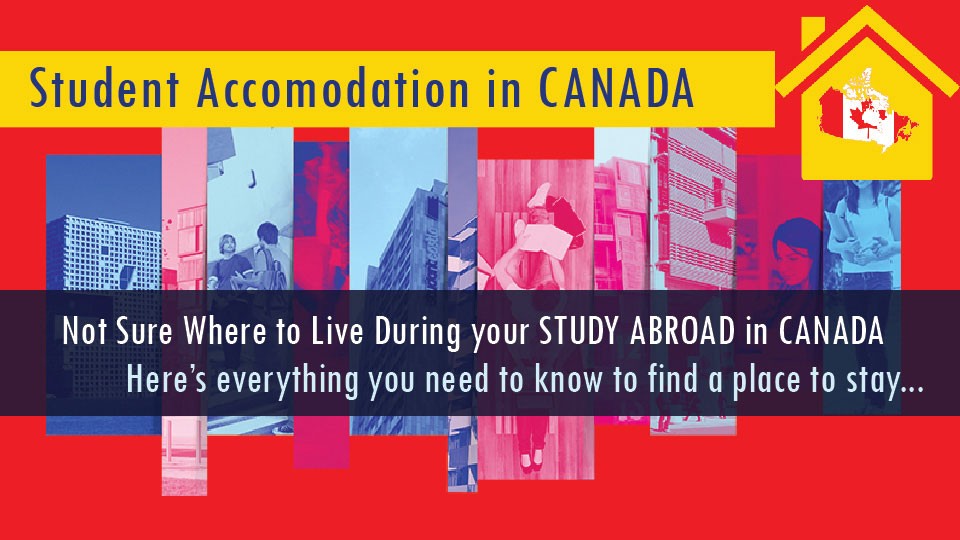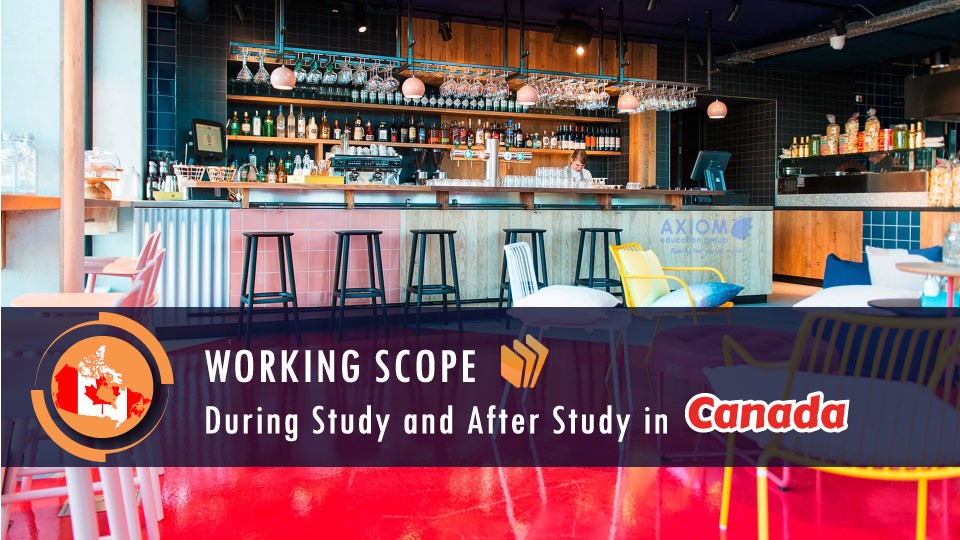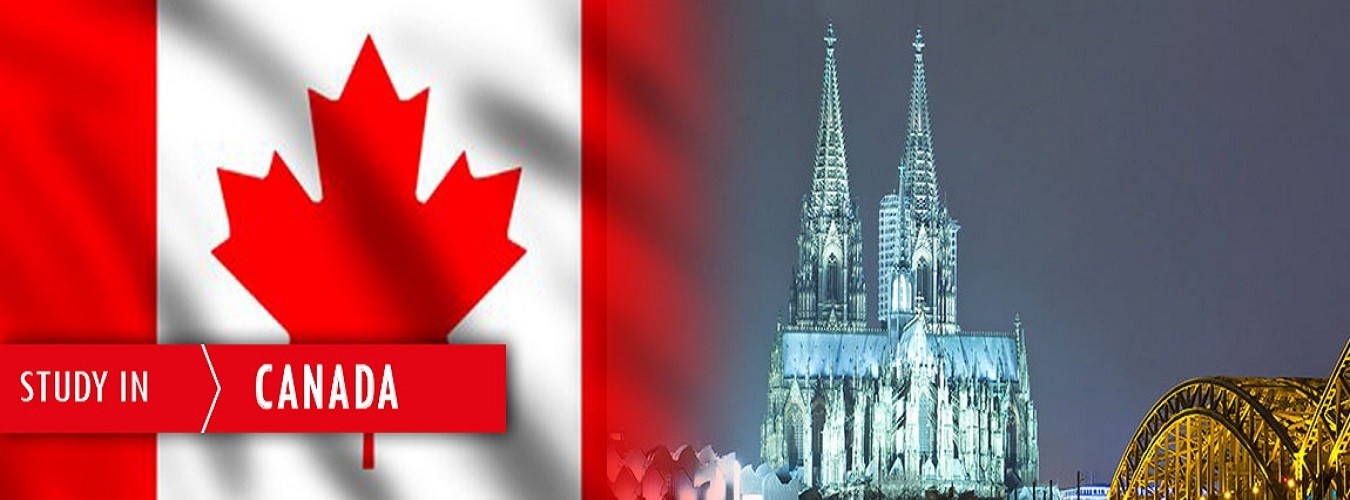
Are you thinking about studying in Canada? Or sending your child to study in Canada? Learn your Canadian education options available for you as an international student.
Canadian education options
Your options for studying in Canada are endless, from elementary and high school all the way through to college, university, and graduate studies. You can also study in Canada to improve your English and French language skills, take part in an exchange program or study from home through one of our online and distance learning programs.
◆ Universities
Canada has some of the top universities in the world and is a leader in research that changes lives. Explore your higher education options with us.
◆ Graduate studies
Start here to discover the range of graduate study options available across Canada, including master’s degrees, Ph.D. and doctoral programs.
◆ Professional certifications
Earn a professional certification or designation in your field of work and open the door to career opportunities in Canada, your home country, and beyond.
◆ Elementary school
Are you moving to Canada with your children or thinking about sending your child to a private boarding school? Canada offers excellent elementary or primary school education options.
◆ High school
To prepare your child for university, or to offer them an international high school experience, consider Canada as a study destination. Find out about canadian secondary school options.
◆ Language schools
Study English or French while visiting or working in Canada or upgrade your language skills so you can enter a Canadian college or university. Canada’s language schools offer high-quality, focused programs.
◆ Colleges and vocational schools
For practical, career-focused learning, our colleges and vocational schools will set you on the road to success. Find your college program and start planning your studies in Canada.
Get ready for all the important information you need to make a decision about the study abroad in Canada! Click on the tabs below to find out about the top universities & colleges for Diploma, undergraduate & postgraduate programs in Canada and practical information on applications, admissions, fees, scholarships, visas, local life and more….

Are you looking to immigrate to Canada?
There are many different categories for professionals and workers under which you may qualify for your Canada Immigration (Permanent Resident) Visa: Federal and Quebec Skilled Worker, Provincial Nominee, Federal Self-Employed, Rural & Northern Immigration Program (RNIP), Atlantic Immigration Pilot (AIP) and Canadian and Quebec Experience Class. We can help you with the process of immigration to Canada.
What are your options for Canadian Immigration?
The right Canadian immigration program for you will depend on your qualities, your goals, and your particular situation. AXIOM will be happy to help you determine exactly what your best options are to achieve your immigration goals. Start your free assessment today, and we will guide you in achieving your objective. ![]()

Universities are educational institutions attended after at least 12 years of school, or after secondary school, for studies leading to a degree and research. All Canadian Universities offer four year bachelor degree programs; most offer one to two years master’s degree and a number also offer doctoral or PhD programs. Bachelor Degrees can be granted by Universities, some colleges and some Institutes in Canada. Community colleges are two-year institutions that offer technical or vocational courses or courses for transfer to a university, leading to a certificate or diploma. These colleges do not generally offer degree programs.
Yes, you can in certain circumstances. However, when applying for a student authorization you must be able to prove to the visa officer that you have enough finances to support yourself for the entire length of your study program. International students can work on the University/College campus, whereas off campus work is permitted only after 6 months. Full-time students can work in their institutions without the need for an employment authorization. International students can work up to 20 hours per week during their studies and 40 hours per week during vacation. They can earn approximately C$ 7 – C$ 10 per hour. Students can work full time off campus during co-operative terms and can earn approximately C$ 10 – C$ 15 per hour, amounting to C$ 400 to C$ 1,000 per month. You are allowed to work in Canada for 1 to 3 years after completing your academic program depending on the length of the program.
Colleges offer a wide variety of Career-oriented programs like Advance Diplomas/ Diplomas/ Certificates. These programs are specially designed to give students the opportunity to learn and develop many marketable skills in their preferred career. It emphasizes on the technical aspects providing hands-on experience and fundamentals of the program. These programs give the students a practical background that employers demand and help them get jobs easily. It may often happen that students who have completed a vocational program may get better jobs/salaries than those who have studied in a University Degree Program.
Yes. Health Insurance is mandatory. You will have to arrange for medical coverage before you arrive in Canada. Medical coverage varies from province to province, and sometimes from university to university within each province. Most of the Institutes have health insurance included in their tuition fees. You may also take health insurance from Bangladesh.
If your spouse or any dependent wants to work while in Canada, they must apply for their own work permit. Your Spouse Permit will be valid for the same period that you are authorized to study in Canada.
Students may work up to one year if they have completed a one year program and up to 3 years if they have completed 2 years or more programs.
If you wish to extend your student authorization, you can do so within Canada. Contact the nearest Canadian Immigration Centre at least 2 months before the expiry of your authorization.


